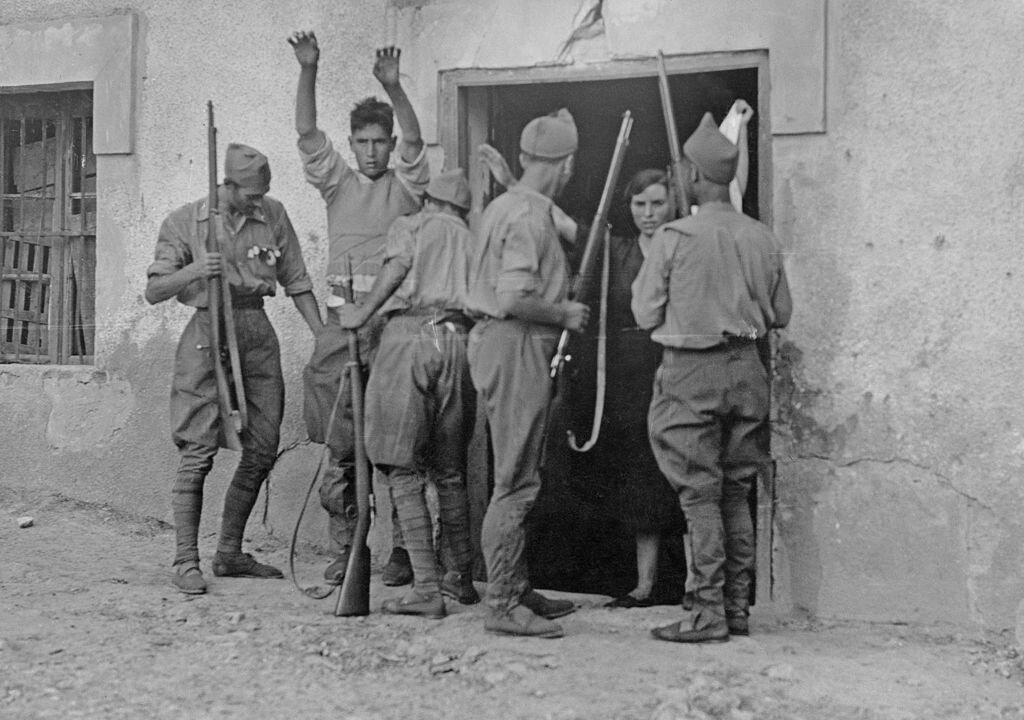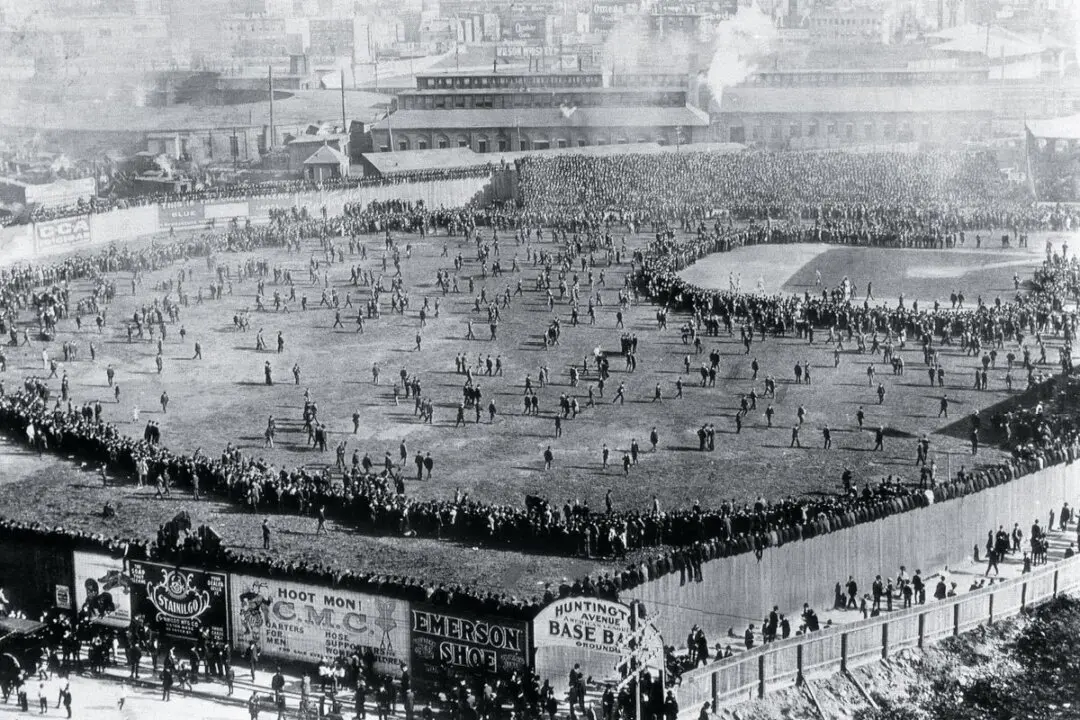This year marks the 80-year anniversary of the end of the Spanish Civil War. If you look at it, and not even that closely, you will see the political and social similarities between the Spain of the 1930s and America today.
So what caused the Spanish Civil War? There was the complaint that the Army and the Church both played too big of a role in politics. There was also the complaint of mass poverty. These two complaints can hardly be argued against, yet the outcomes were understandable, as Spain had been a very Catholic-centric power for a vast period of time and the country’s economy was too centered around agriculture.






